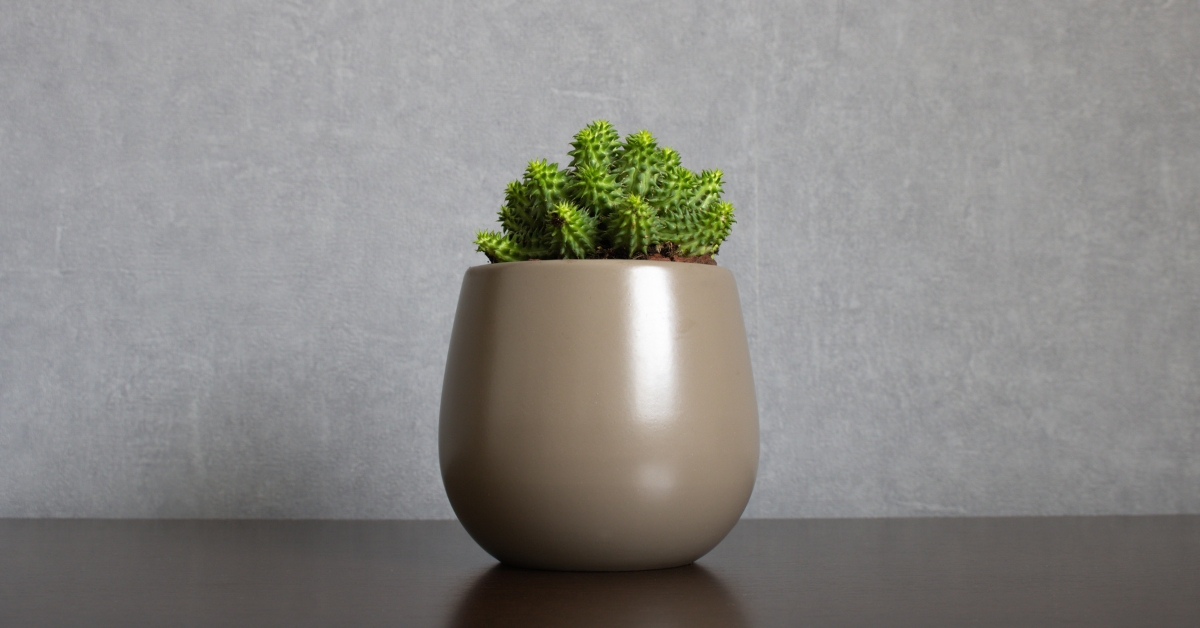Table Of Contents
Brides, beauty enthusiasts, and mehendi artists explore new ways to achieve darker, long-lasting stains.
Introduction
As the popularity of mehendi continues to soar during weddings and festivals, a renewed interest in the art of darkening henna has surfaced among brides-to-be, festival-goers, and cultural enthusiasts alike.
While mehendi has long been a tradition in South Asian and Middle Eastern cultures, the demand for deeper, longer-lasting stains is now reaching new heights.
Social media platforms are buzzing with discussions on how to make mehendi last longer and appear darker.
Industry experts are weighing in, combining centuries-old practices with newer methods that cater to today’s beauty-conscious generation.
Many techniques are being explored, from traditional remedies like eucalyptus oil to unconventional hacks like clove smoke and Vicks VapoRub.
Popular Mehendi Tips Resurface Amid Rising Demand
With growing interest in achieving darker mehendi, the age-old trick of using a lemon-sugar mixture is making a comeback.
The mixture, which helps the henna paste adhere to the skin for longer, is now a standard recommendation among professional henna artists.
“Lemon-sugar mixture not only helps bind the paste but also aids in intensifying the stain,” explains Reena Sharma, a renowned mehendi artist from Mumbai.
“It is one of those practices that brides swear by, and it is fantastic to see it regaining popularity.”
New Data Shows Effectiveness Of Eucalyptus Oil
Recently, eucalyptus oil has emerged as a critical player in darkening mehendi stains.
According to a study published in the Journal of Natural Dyes, eucalyptus oil improves the penetration of natural dyes into the skin, resulting in a deeper stain.
The research has sparked a surge in the use of eucalyptus oil, with mehendi artists now frequently recommending it as part of the pre-application routine.
Keeping Hands Warm: A Modern Hack
With more people exploring unconventional methods, the hack of keeping hands warm during and after the mehendi application has been gaining traction.
Social media influencers and henna experts recommend using heat to intensify the stain.
“Heat naturally activates the dye in henna,” explains Anika Verma, a henna expert based in New Delhi.
“We suggest brides either sit near a warm stove or use natural body heat by rubbing their hands together.”
While this technique was used sparingly in the past, platforms like Instagram and TikTok have made it popular among younger generations.
Some users also use clove smoke, a traditional method that is regaining popularity, to enhance the final color.
Avoiding Water: Key To Long-Lasting Color
Experts say avoiding water exposure after application is critical to maintaining dark mehendi. Water interferes with the dye’s oxidation process, crucial for achieving a deep, long-lasting color.
“Water weakens the color before it can fully set,” says cultural expert Dr. Priya Deshmukh. “We advise brides to avoid water for at least 12 to 24 hours after removing the paste to ensure the best results.”
New Trends In Mehendi Darkening Techniques
As demand for deeper mehendi grows, newer techniques have emerged, including using Vicks VapoRub and black tea water.
While these methods may seem unconventional, users claim that the heat from Vicks helps significantly darken the stain.
On the other hand, black tea water is believed to add additional tannins, which may improve the mehendi’s staining power.
“The beauty of mehendi is how tradition is evolving,” says Deshmukh. “We are seeing younger generations experiment with ancient and modern methods, mixing cultures and innovations.”
Expert Insights On Achieving The Perfect Mehendi
With the increasing demand for darker stains, it is essential to remember that achieving the perfect mehendi requires patience and proper care.
Experts recommend the following critical tips for brides and mehendi enthusiasts alike:
- Fresh mehendi: Stale or old mehendi paste may not yield dark stains.
- Apply for at least 6-8 hours: The longer the mehendi stays on, the darker the stain will be.
- Avoid chemicals: Bleaching or harsh skin treatments can strip away the mehendi dye, reducing longevity.
Conclusion
Mehendi, a tradition steeped in history, continues to adapt to modern trends.
Whether preparing for a wedding or a cultural celebration, these time-tested tips and modern hacks can help you achieve the perfect dark stain.
As techniques evolve, mehendi is clearly a significant and cherished part of celebrations worldwide.
For those looking to try these methods, experimenting with traditional and new approaches can yield the best results.
Do not hesitate to embrace the old and the new in your quest for the perfect mehendi!
Explore more Mehendi-related content on our sisterly website, and let us know your favorite methods in the comments below!
Trivia
Did you know that ancient Egyptians used henna for body art and to dye their hair and nails? Cleopatra was believed to have used henna as part of her beauty regimen.






